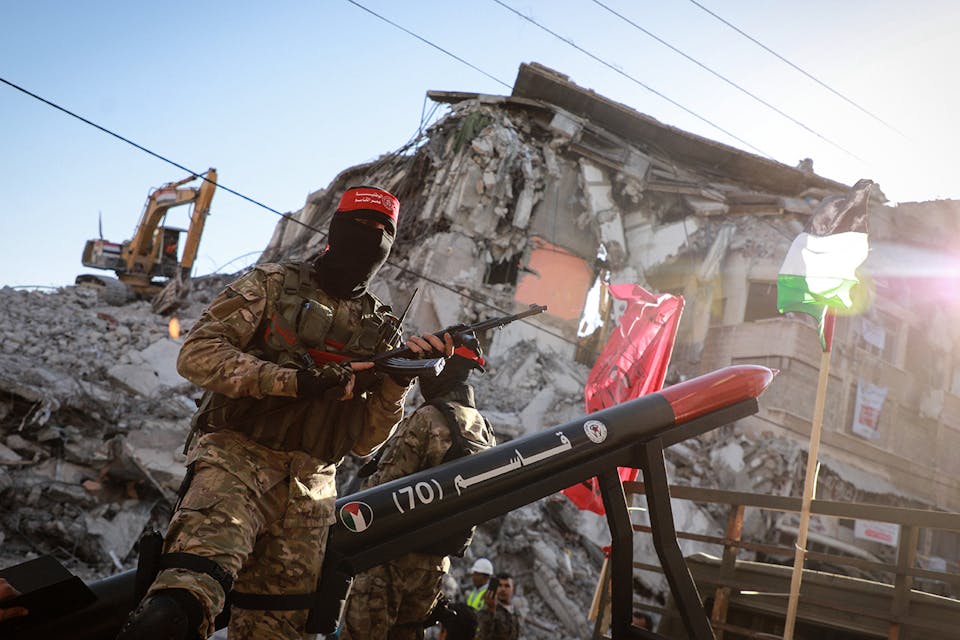
June 14, 2021
The Status Quo in Gaza Is the Least-Bad Option
There are plenty of nice plans for Gaza, but none that will change the core truth: Hamas will continue to seek Israel's destruction, and Israel will continue to defend itself.
To understand the future of the Gaza Strip, it’s necessary to consider the origins of the most recent round of fighting. Hamas’s missile barrage on Jerusalem began during a week fraught with tension. Two events and three significant dates—each of which with potential to raise the temperature—coincided in a very short period of time, creating a perfect storm.
On April 30, the Palestinian Authority (PA) president Mahmoud Abbas canceled the parliamentary and presidential elections that had been scheduled for May and July, respectively. Hamas, which had expected to do well in these elections—and even hoped it could replace Abbas in the presidency and gain a parliamentary majority—was left frustrated and embittered. Abbas and his supporters called off the elections precisely because they agreed that Hamas was likely to achieve electoral success. While Hamas’s frustration was in no way related to the events in Jerusalem, it became a catalyst and perhaps even a decisive factor in determining the terrorist group’s subsequent behavior in Gaza.
For some time now, property disputes in Jerusalem have contributed to a volatile atmosphere in the city. These disputes involve lawsuits by Jews to evict Palestinian families from homes where they (or their families) have been living since before the 1967 war. The Jews claim that the properties in question were bought by Jews before the 1948 War of Independence. On Thursday May 13, Israel’s Supreme Court was expected to announce its decision about the eviction case against a number of families in the Sheikh Jarrah neighborhood. This is a mundane property dispute and ought to be resolved, as appropriate in a country subject to the rule of law, by the courts.
No one in the legal system seemed to notice that May 13 was also the end of the month of Ramadan and the beginning of Eid al-Fitr, a major Muslim holiday. The final week of Ramadan is always a sensitive time throughout the Muslim world, and violent outbursts are not uncommon. In Israel, tension is often highest in places that are already fraught, especially the Temple Mount. The high attendance at public prayers during this week routinely results in violence in the West Bank, and especially in Jerusalem.
Monday, May 10 was Jerusalem Day, which commemorates Jerusalem’s liberation by the IDF. (The convergence of this day with the final week of Ramadan only occurs once in a dozen years). On this day, thousands participate in a colorful procession with flags and songs that passes through both the eastern and western parts of the city, thereby reminding the Palestinian residents and the Arab world in general of their failure in 1967 and of Israel’s continued possession of a united Jerusalem.
To add more fuel to the fire, Saturday May 15 marked “Nakba Day” (the “Day of Calamity”), on which Palestinians mourn the results of the 1948 war. While Ramadan is determined by the Muslim lunar calendar, and Jerusalem by the Jewish one, this date follows the anniversary of Israel’s creation on the Gregorian calendar. This week, therefore, would have been tense even without the Sheikh Jarrah verdict and the Palestinian elections.
The Israeli police’s questionable decisions, especially its moves to limit access to the area near the Damascus Gate and—based on intelligence reports about planned demonstrations—to prevent Israeli Arabs from entering the Temple Mount for prayers, apparently contributed to the tension among the locals and may also have been used by others as an excuse to fan the flames.
Responses to June ’s Essay
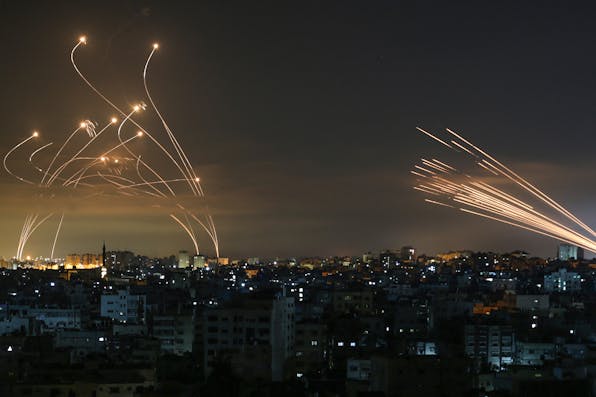
June 2021
What Will Gaza Look Like Ten Years from Now? A Symposium
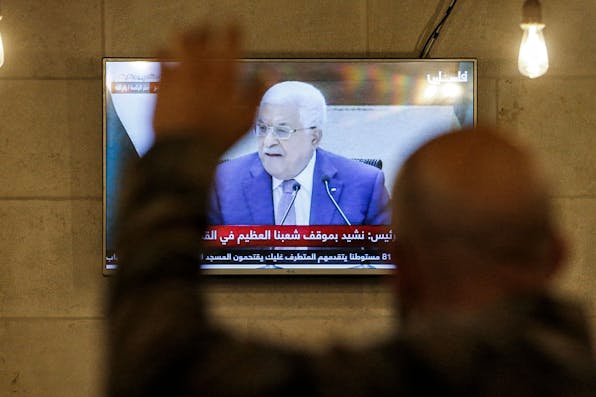
June 2021
What Can Be Done Politically to Weaken Hamas
By Elliott Abrams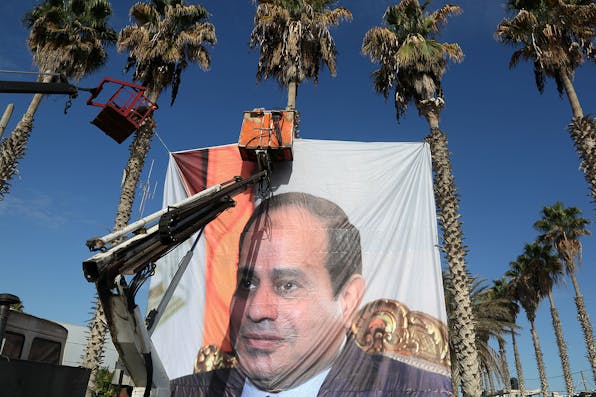
June 2021
What Egypt Wants In Gaza
By Haisam Hassanein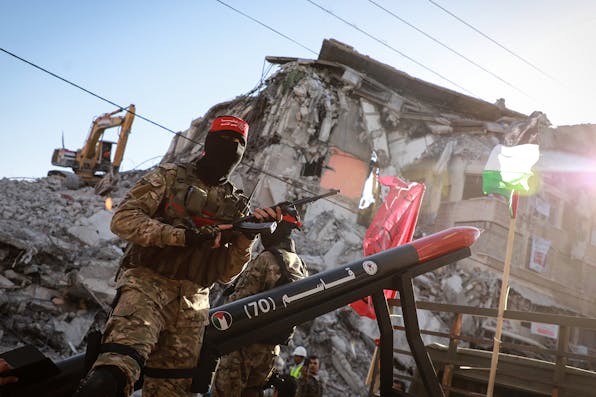
June 2021
The Status Quo in Gaza Is the Least-Bad Option
By Yaakov Amidror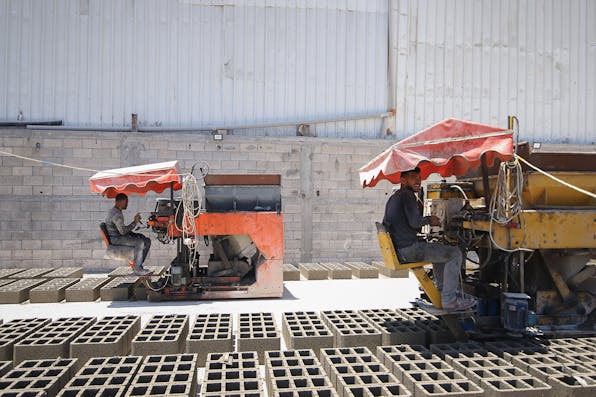
June 2021
Where We See Gaza in Ten Years
By Amos Yadlin, Ari Heistein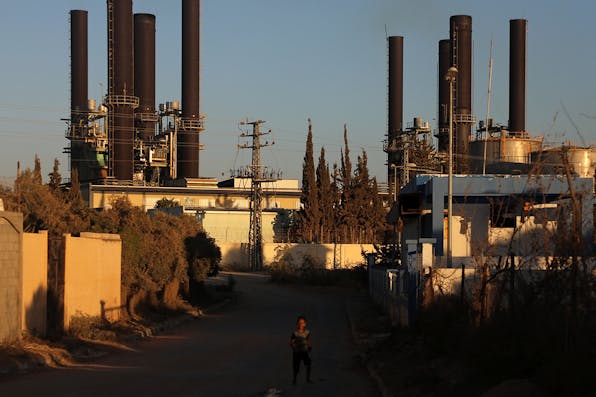
June 2021
How to Boost Gaza’s Economy without Boosting Hamas
By Yechiel Leiter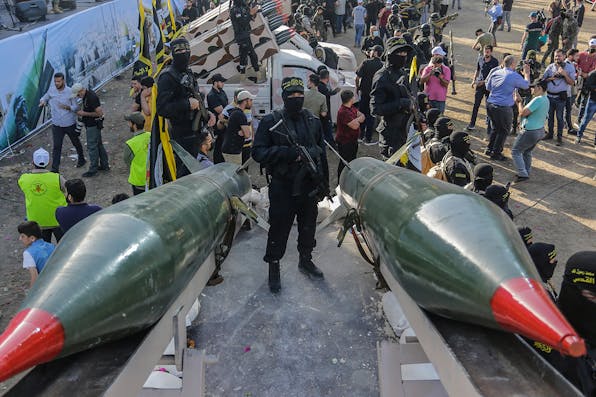
June 2021
How Continuing to “Mow the Grass” Might Lead to Israel’s Reoccupation of Gaza
By Evelyn Gordon